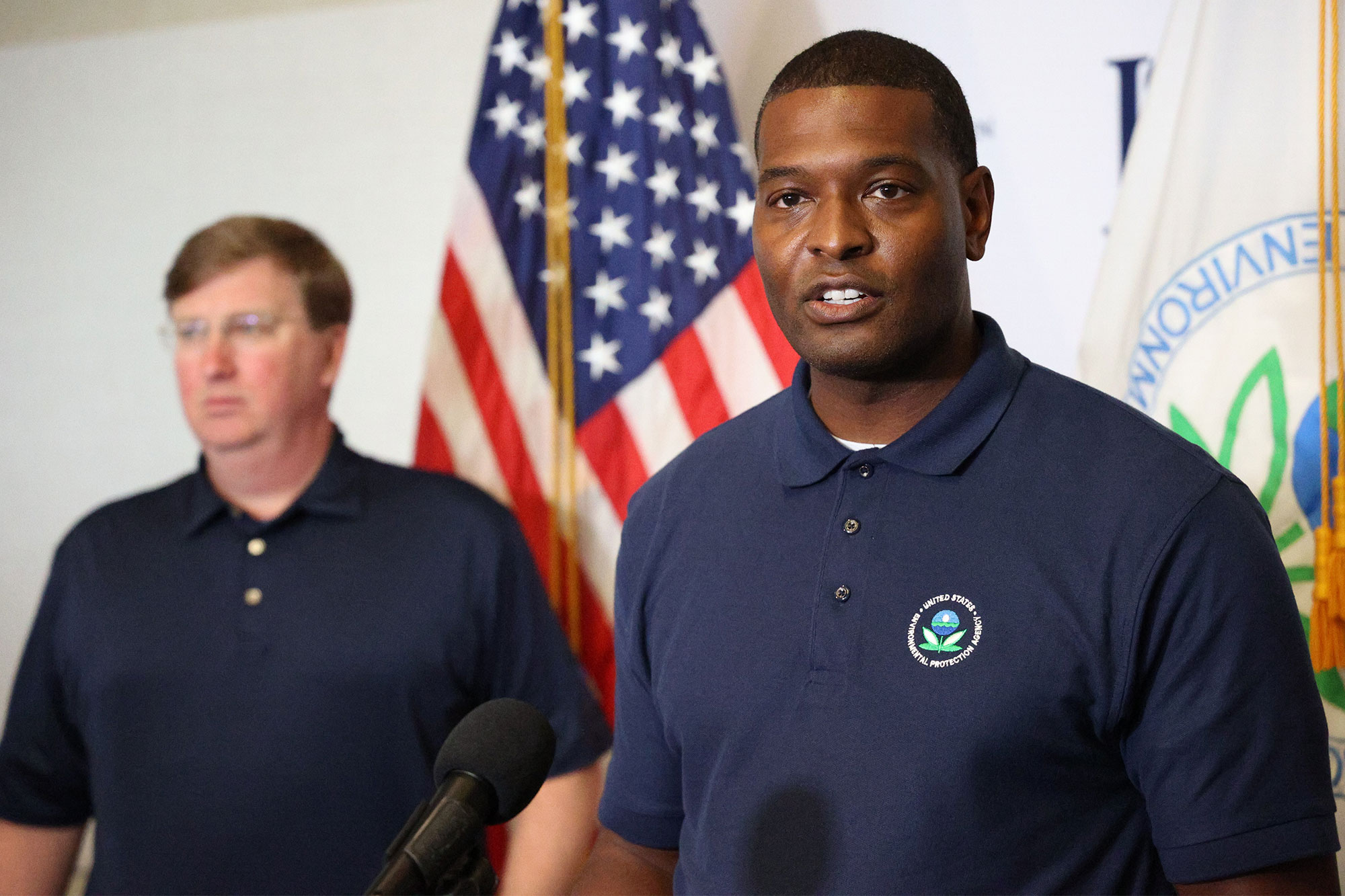For most Americans, clean drinking water is something we take for granted. When our drinking-water systems are working well, we do not give them much thought. It is when things go wrong that we realize that safe drinking water, wastewater treatment, and protection from flooding are critical to our health, our livelihoods and our communities.
On Aug. 29, 2022, in Jackson Miss., the water system went sideways. After heavy rain and flooding, the city’s main pumping station collapsed, leaving 160,000 residents without access to clean drinking water. The water problems in Jackson that made national headlines in recent weeks have been simmering for decades. In 2012, the City of Jackson signed a consent decree with the EPA over repeated violations of the Clean Water Act.
More recently, the City issued yet another notice informing residents of its failure to meet federal drinking-water standards for lead, a potent neurotoxin with many negative consequences on human health, especially in children and pregnant women.
While Jackson’s water-infrastructure crisis has deservedly received national and global attention, the capital city is not alone. Many marginalized rural areas in Mississippi also have failing water systems, yet many news outlets largely ignore them. In 2015, the EPA estimated that the state needs $4.8 billion over 20 years to fund drinking-water infrastructure. (Keep in mind, that estimate is seven years old and underestimates the total cost in today’s dollars.)
The American Society of Civil Engineers’ 2021 Infrastructure Report Card finds that, “[m]uch of the state’s current drinking water infrastructure is beyond or nearing the end of its design life, with older systems losing as much as 30-50% of their treated water to leaks and breaks.” The same report gives Mississippi a grade of “D” for its drinking-water infrastructure and another “D” for its wastewater infrastructure. Mississippi’s infrastructure is failing to meet many residents’ most basic needs.

Although the challenges are enormous, the federal government’s historic $55-billion investment in water infrastructure through the Bipartisan Infrastructure Law, otherwise known as the Infrastructure Investment and Jobs Act, has the potential to offer some relief. Mississippi can expect to receive $429 million for water-infrastructure improvements over the next five years through the BIL, including $30.5 million designated for lead service-line replacements.
In addition, the State of Mississippi recently unveiled its Municipal & County Water Infrastructure Grant Program, which will use $450 million in federal American Rescue Plan Act funds for water infrastructure grants through 2024.
Through the infusion of much-needed federal funding, we are witnessing a once-in-a-generation opportunity to make a difference for our drinking water and our public health. To seize this opportunity, we must design projects with more input from residents and build infrastructure that can protect our communities in a changing climate.
While municipalities around the state work to locate toxic lead pipes, we must—in line with the latest EPA guidance—act quickly to replace those pipes, using funds that are presently available. The federal funds also present an opportunity to fix our broken wastewater and stormwater systems, addressing severe flooding in our poorest neighborhoods and ensuring that all communities—regardless of race and zip code—have access to safe drinking water and sanitation.
The disaster that unfolded in Jackson last week could happen again—in the state capital or in many other communities across our state. To prevent that, we need an “all hands on deck” approach. We need to correct historic injustices in how public funds are distributed. We need all levels of government, community groups, and other organizations working collaboratively to ensure that federal funding reaches the communities that need it most. Solutions are right on our doorstep. Now is the time to act to ensure clean water for all of Mississippi.
This MFP Voices essay does not necessarily represent the views of the Mississippi Free Press, its staff or board members. To submit an essay for the MFP Voices section, send up to 1,200 words and sources fact-checking the included information to azia@mississippifreepress.org. We welcome a wide variety of viewpoints.





